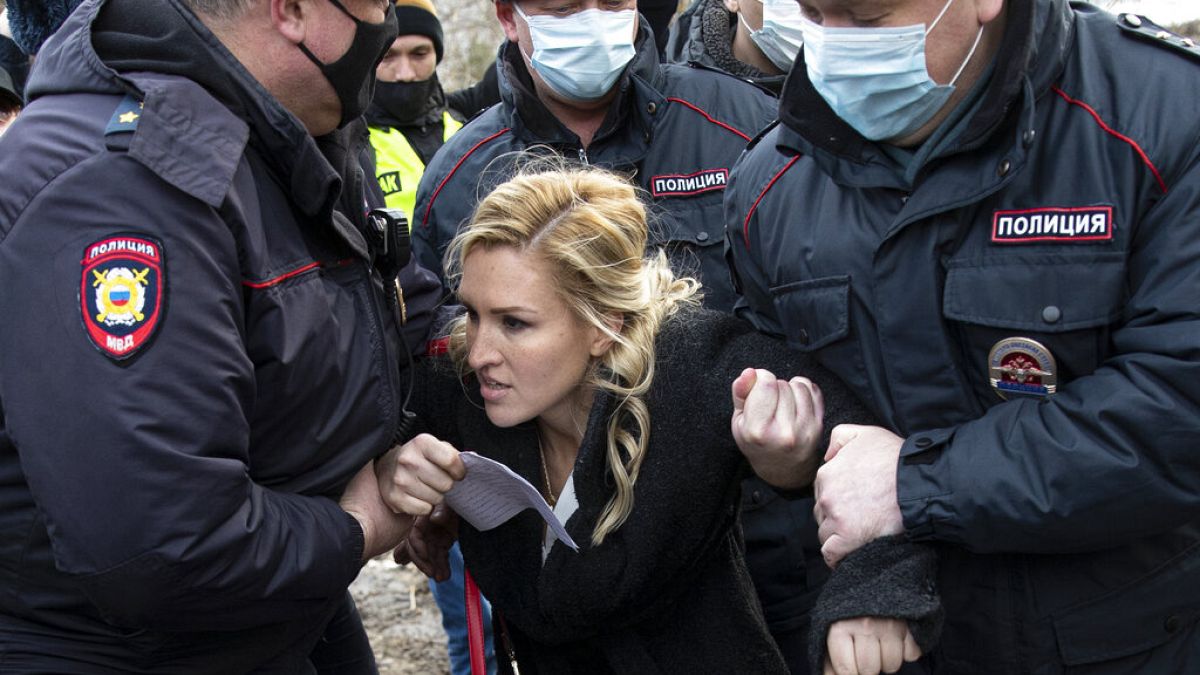Critics say the move is designed to encourage the military to vote for Putin's ruling United Russia party ahead of next month's parliamentary election.
Russian President Vladimir Putin has approved one-off payments for police and military officials.
The decree will grant bonuses of 15,000 roubles (€170) to all army and law enforcement personnel in September, according to the Kremlin.
The presidential decree said the payments were designed to protect the "social needs" of emergency workers.
But critics say the move is designed to encourage the military to vote for Putin's ruling United Russia party ahead of next month's parliamentary election.
Last week, a similar one-off bonus of 10,000 roubles (€110) was offered to pensioners.
Russia has an estimated 42 million pensioners and at least 1.7 million police, military, and national guards. Both groups traditionally vote for United Russia, but the party is facing heightened criticism before the tense election calendar.
Russian citizens have voiced anger at falling living standards in the country since 2014, coupled with a rise in consumer prices.
United Russia is currently polling 27.3% of the vote, according to the Vtsiom institute that is close to the government. Meanwhile, confidence levels in Vladimir Putin are rated at 62.2%.
Opponents of the Kremlin, as well as independent media, have faced a crackdown from the authorities in the run-up to the elections.
Russia has also moved to dismantle the movement of imprisoned opponent Alexei Navalny, by classifying his organisations as "extremist" and blocking several websites. Many of Navalny's close allies and supporters have also been excluded from the elections or forced into exile.
Several independent media outlets and NGOs have recently been classified as "foreign agents", a controversial status that seriously complicates their operations.
